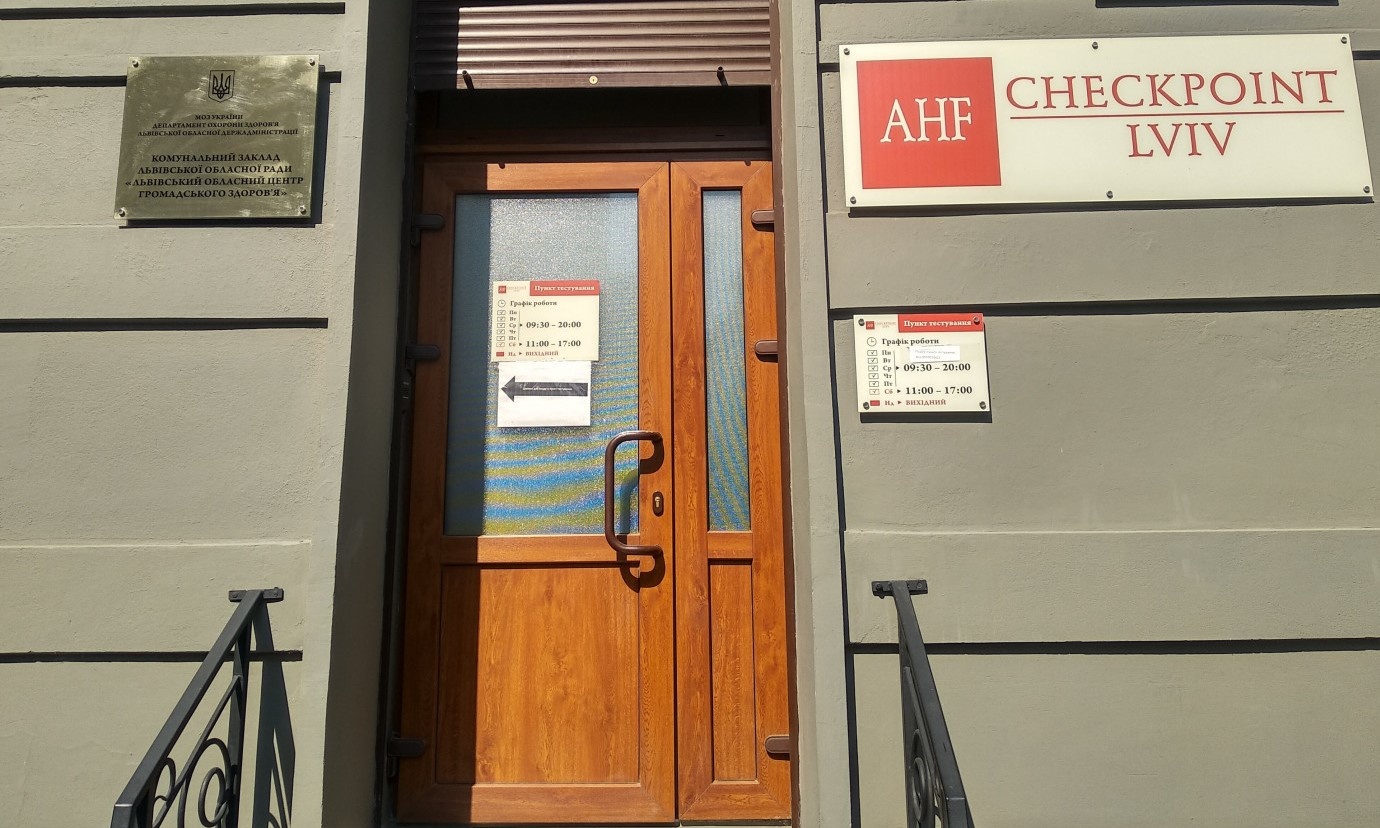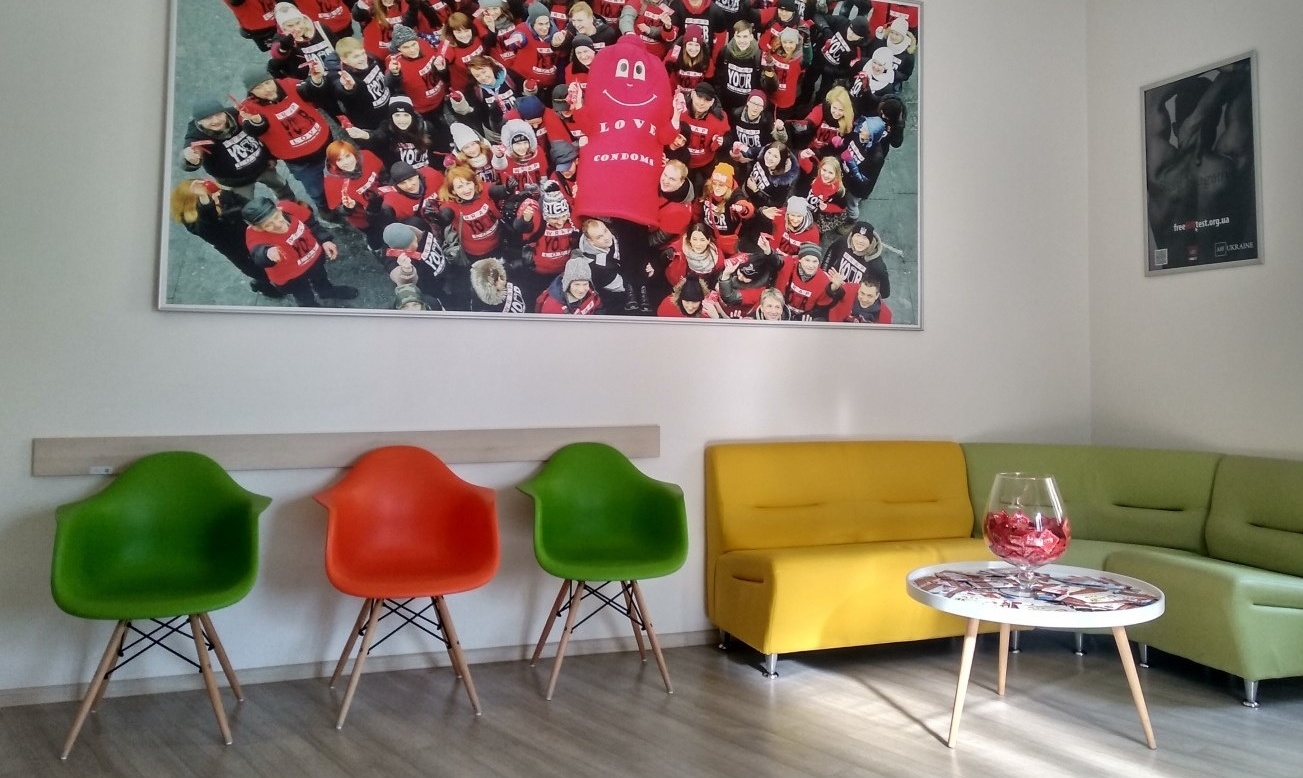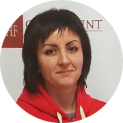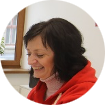New service:
Psychological consultation
Psychological assistance from professional psychologists is available for AHF Checkpoint clients in Lviv. Schedule of consultations: Monday, Wednesday, Friday from 10 am to 12 noon. To register for a consultation, contact us by phone 095 903 44 22
AHF Checkpoint - Lviv
Welcome to AHF Checkpoint Lviv!
We are located in the city of Lviv and offer confidential HIV services at no cost. You can visit us to get a free rapid HIV test or condoms (male and female). Counseling on HIV prevention and treatment is also available. Everyone is welcome! Call us to schedule an appointment and get more information about our services. You can also walk into the clinic to access our free HIV services.
Working Hours
Saturday : 11.00 - 14.00
Sunday : Closed
Contact
Address
L’viv, 20, Antonovych str.
Knowledge is power!
Most fears on HIV are connected with a lack of knowledge and reliable information on HIV prevention and treatment. The counselor will provide you important information on HIV including how HIV is transmitted. He/She will talk about the main prevention means and methods to dispel myths and help you deal with unfounded fears. You will be able to get answers to all the questions you may have, including most private ones.
Know Your HIV Status Today
Services
· Free HIV rapid testing · Counseling on HIV prevention and treatment · Free latex condoms · Safe sex counseling *All services are free and confidential*
Additional Services
We provide counseling on sexual orientation and gender identity, as well as hate discrimination and offenses. We also have LGBT community meetings and trainings.
AHF Ukraine Hot Lines
Our Counselors
Free condoms
During your visit, you will have the opportunity to get free latex male condoms. When used correctly every time you have sex, condoms are the best way to prevent sexually transmitted infections (STIs) such as HIV. They have a very low failure rate and are effective for all forms of sex, including oral and anal sex. Condoms are classed as medical devices so therefore must meet essential requirements and go through quality tests. Always check the expiry date of the condom. Condoms are most effective when used properly, which includes using one that is the right size. Condoms come in different widths and lengths, so it may take a while to find the right condom. Here are some basic things you can do to make sure you’re using a condom properly: 1) Use a new condom each time you have sex. 2) Put the condom on as soon as an erection occurs and before any sexual contact (whether vaginal, anal or oral) 3) Avoid using an oil-based lubricant, such as Vaseline or baby oil, which can weaken the condom and increase the chances of it splitting – water-based lubricants are best and can be bought at most supermarkets or pharmacies 4) The man should withdraw from his partner immediately after ejaculating, holding the condom firmly to keep it from slipping off.
Safe sexual behavior counseling
Unprotected sex is the cause of two thirds of new HIV
infections in Ukraine.
What is "safe sex"?
Safe sex is when you have sex with the lowest risk of sexually transmitted diseases such
as HIV, herpes, syphilis, etc. Safe sex means that all the necessary steps are taken to
avoid your partner's sperm (or vaginal discharge) from getting inside your vagina, anal,
penis or mouth. This also means that it is necessary to avoid contact of the skin with
the genitals, as some STDs are transmitted through touch or friction.
Safe sex also means that you should be
careful if you have cuts, ulcers or bleeding gums - this can increase the risk of
the disease.
Safe sex is protected sex during every sexual encounter.
This includes:
• Oral sex with a condom
• Vaginal sex with a condom
• Anal sex with a condom
Anyone can be infected with STDs.
The greatest risks are:
• people who have more than one sexual partner,
• MSM, bisexual men
You may not notice any symptoms, and they may vary depending on the disease. The
only way to know for sure whether you have an STD or not (including HIV)
is to test with your partner. This will help establish trusting relationships
between you and your partners.
A counselor may also conduct a short workshop for you on how to use condom
correctly.
You can watch a two-minute video "How to use a condom?"
Watch
Video
MSM community meetings
Every week we hold community meetings for the LGBT community representatives, where anyone can come to us from 4:00 pm to 8:00 pm and on Saturday from 11:00 am to 5:00 pm. Within these meetings we play board games, hold discussions, workshops, theatrical performances, musical evenings, watch movies. Also, once a week we organize personal growth trainings conducted by a LGBT friendly psychologist. At these meetings, each participant can share their story, share it with a psychologist, and share their experiences with others.
HIV Rapid Testing
HIV testing is carried out by qualified professionals who have completed a certified training course and have the appropriate knowledge and skills.
No appointment is needed. You can visit Checkpoint at a convenient time within working hours. On holidays, please call in advance to find out about possible changes to the work schedule.
A blood finger stick third-generation antibody rapid HIV test will be used. Test-kits are certified, meet national quality requirements, and pre-qualified by WHO .
The rapid HIV test is quite accurate (similar to the standard blood laboratory test) for persons with chronic, or longstanding, HIV infection, but it is not as accurate for people with new or recent HIV infection. Like any antibody test for HIV, the rapid HIV test is not reliable during the "window period" (lasting several weeks to months) between the time a person is infected and the time the body has made enough antibodies for the test to detect. During this window period (6-9-12 weeks), someone who is infected might test negative for antibodies (a false-negative result).
Using a third-generation antibody rapid HIV test it is possible to determine correct result in 9-12 weeks (window period) after risky contact.
The test result can be obtained in 15 minutes.
The HIV testing service consists several steps. The counselor will ask you to fill an anonymous questionnaire before testing and will provide information on how the test will be done, provides brief information about HIV transmission modes. Then the counsellor will collect finger stick blood sample for test. A one-time automatic lancet will be used for blood collection, which allows you to have this procedure quickly and painlessly. The counsellor will add a blood sample to the test and ask you to wait for 15 minutes. After 15 minutes, the counselor will announce the result and counsel you on the risks of HIV infection and the next steps. You can ask questions at any time.
No! There is no risk of HIV contraction during testing. The test cartridge (test) does not contain virus. Only a disposable and sterile instrument is used for blood collection.
The HIV testing service consists several steps. No, no special preparation is required. Rapid HIV testing can be done at any time of the day and does not depend on food.
The test result may be negative, uncertain or positive. A negative result means that no HIV markers were detected at the time of testing. After receiving this result, the counselor will provide you with information on HIV prevention, depending on your individual risks. An uncertain result means that it is not possible to determine exactly the HIV markers presence or absence at the time of testing. Such a result is extremely rare. The counsellor will ask you to retest in 14 days to determine the final result. A positive result means that there are HIV markers in the blood sample. This result will be confirmed with two additional test-kits at the day of your visit. The counsellor will help you start treatment as soon as possible. Early HIV detection and timely treatment start are keys to individual health benefits for HIV-positive person and prevention of possible HIV transmission to sexual partner.












